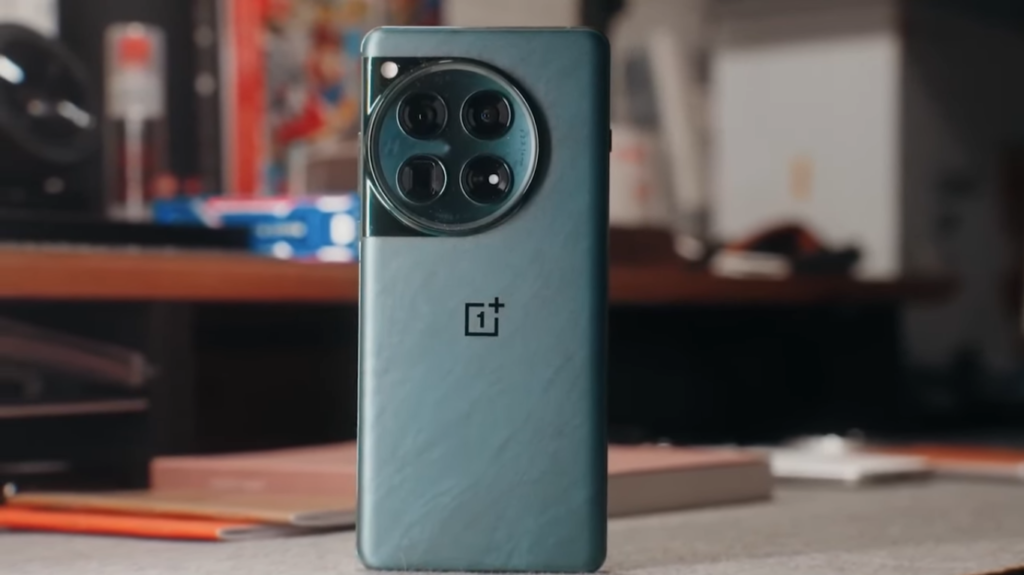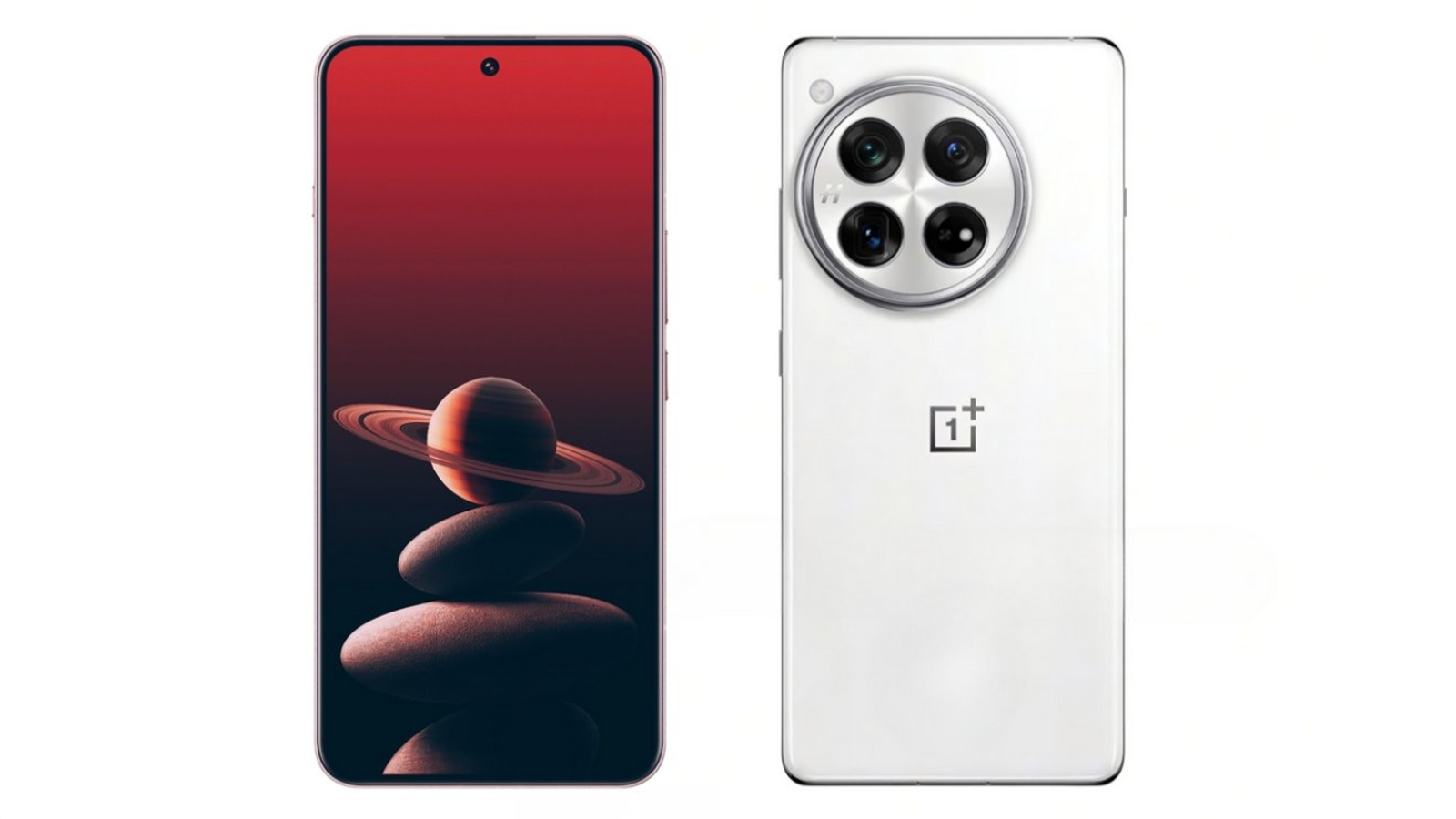OnePlus 13 to Feature Advanced Display Technology for Better Battery Efficiency
The OnePlus 13 is eagerly anticipated, though its official launch date remains unannounced. Recent leaks have hinted at new features, while OnePlus confirmed key innovations through its partnership with BOE. This collaboration is expected to benefit Oppo’s flagship releases, including the Find X8 and Find X8 Pro, set for an October 24 release in China.
Table of Contents

Display Technology Innovations
OnePlus revealed, via its Weibo handle, details about its self-developed adaptive high refresh rate display technology. Built on the 8T LTPO circuit, the technology enables:
- Adaptive Refresh Rates: Multi-scene and multi-level refresh rates for a smoother user experience.
- Localized Refresh Rates: Different refresh rates for various screen areas improve performance and power consumption.
- Enhanced Touch Sensitivity: The display can withstand environmental touch interruptions, ensuring seamless usability in conditions like snow.
This approach could lead to selective refresh rates, such as a portion of the display running at 30Hz while playing 30fps videos, while the rest operates at 60-120Hz.
Expected Specifications of OnePlus 13:
| Specification | Details |
|---|---|
| Display | 6.82-inch |
| Processor | Snapdragon 8 Gen 3 |
| Front Camera | 32-megapixel |
| Rear Camera | 50-megapixel + 64-megapixel + 48-megapixel |
| RAM | 12GB, 16GB |
| Storage | 256GB, 512GB |
| Battery Capacity | 5400mAh |
| OS | Android 14 |
| Resolution | 1440×3168 pixels |
Conclusion
The OnePlus 13 promises to be a flagship contender with its cutting-edge display technology, powerful Snapdragon 8 Gen 3 processor, and robust camera setup. The custom adaptive high refresh rate display aims to provide a smoother user experience while optimizing battery usage.
Coupled with a large 5400mAh battery, ample storage, and the latest Android 14, the OnePlus 13 is set to offer a high-performance experience. As we await the official launch, expectations are high for how these features will translate into real-world use.
